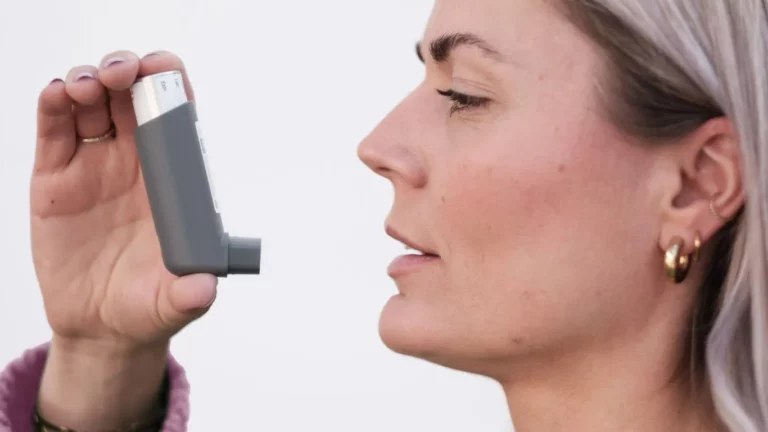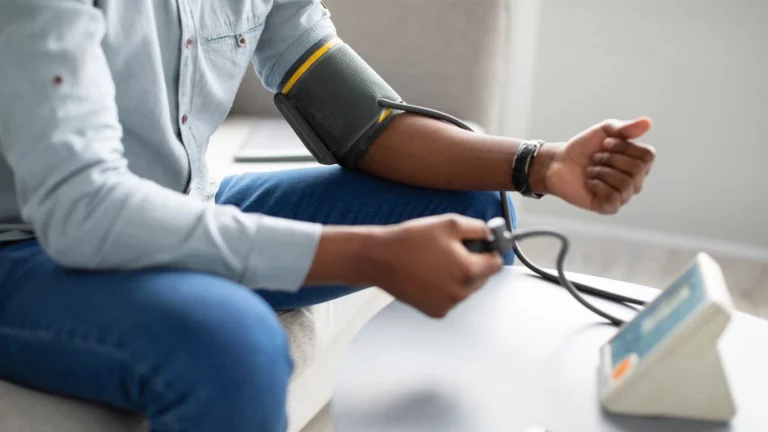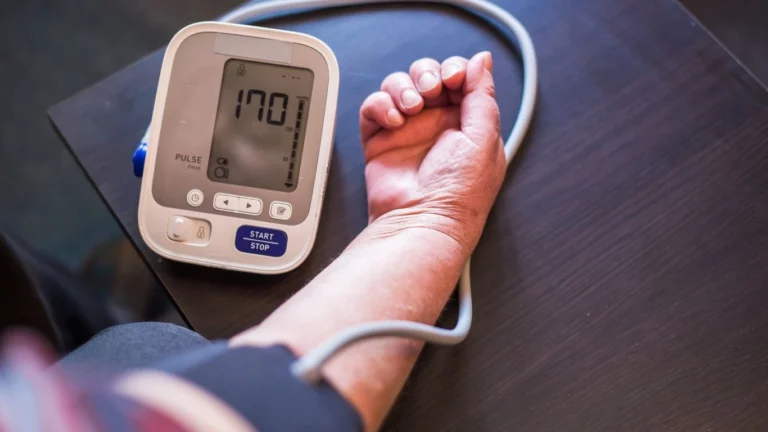How to Spot Asthma Symptoms in Teenagers: A Complete Guide for Parents and Caregivers
Hey there! If you’re a parent, caregiver, or even a teacher, and you’re wondering how to spot asthma symptoms in teenagers, you’re not alone. As an asthma expert, I can tell you that spotting asthma early is key to helping teens manage the condition and avoid serious complications later. Teenagers might not always speak up when they’re struggling to breathe, so it’s important for you to be the one to spot the signs.
Asthma symptoms in teens can be tricky to detect because they’re not always the obvious wheezing or shortness of breath we associate with asthma. And teenagers, well, they can be a little stubborn about admitting they’re struggling! But with the right knowledge, you can make sure your teen gets the right treatment and stays active without unnecessary flare-ups.

What Are Asthma Symptoms in Teenagers?
So, let’s get into it. Asthma symptoms in teenagers are often subtle and can look a little different from what you might expect. Here’s a quick rundown of what you should be on the lookout for:
- Wheezing – This is the classic asthma sound, a high-pitched whistling noise when your teen exhales. But not all teens wheeze when they have asthma.
- Frequent coughing – If your teen is coughing a lot, especially at night or after exercise, it could be a sign of asthma. I’ve had so many parents tell me their teen’s cough kept them up at night. That persistent dry cough is often an early indicator.
- Shortness of breath – If your teen is getting winded quicker than usual during sports or regular physical activity, asthma might be the culprit. Sometimes they won’t admit it out of embarrassment, but you can tell if they’re struggling to catch their breath.
- Chest tightness – I’ve heard many teens describe it as feeling like there’s an elephant sitting on their chest. It’s uncomfortable and can lead to anxiety.
- Fatigue or avoidance of physical activity – If your teen is tired all the time or suddenly avoids physical activities, it could be due to asthma. The effort it takes to breathe properly can leave them feeling drained.

Troubleshooting Common Issues with Asthma in Teenagers
Managing asthma in teens comes with its own set of challenges. It’s not always as simple as giving them an inhaler and sending them on their way. Here are some common issues I see (and how to work around them):
Peer Pressure: Not Wanting to Use an Inhaler in Front of Friends
Teenagers are all about fitting in, and unfortunately, asthma inhalers can be a bit of a social stigma for some. I’ve worked with many teens who are embarrassed to use their inhaler in front of their friends. One of my past patients, Alex, wouldn’t take his inhaler at school, even though he knew he needed it. His parents were able to have a heart-to-heart with him, and eventually, Alex got more comfortable using his inhaler. This is where open communication and reassurance can make a huge difference.
Changes in Activity Levels: Sports & Physical Exertion
Teens love being active – whether it’s sports, dance, or just hanging out with friends. But if they’ve got asthma, certain physical activities can trigger an attack. In fact, I remember working with Sarah, a 15-year-old gymnast, who found her asthma acting up whenever she was doing cartwheels or tumbling. A good asthma action plan that includes pre-exercise medications worked wonders for her, and soon enough, Sarah was back to doing what she loved, without the worrying.
Unpredictable Symptoms: Flare-Ups During Allergies or Cold Weather
You’d think managing asthma would be simple, right? But symptoms can flare up unexpectedly, especially when there’s a change in weather or allergy season kicks in. One of my clients, Tom, couldn’t catch a break during pollen season. He’d start sneezing, then his chest would tighten, and suddenly, he was struggling to breathe. By keeping track of his triggers and using medication as prescribed, we helped Tom have a more manageable allergy season.

Case Studies / Success Stories
Sometimes, the best way to understand asthma symptoms in teenagers is through real-life stories. Let me share a couple of my favorites.
Case Study 1: Emma’s Asthma Journey
Emma was a 16-year-old who had asthma since she was young but had never really experienced the full symptoms until high school. When she started participating in outdoor track, her symptoms began to worsen. At first, her parents didn’t realize it was her asthma acting up because she never complained. They just thought she was getting tired or not pushing herself enough. After a thorough check-up, we found that her symptoms were actually triggered by outdoor allergens during practice. With the right combination of medication and avoiding certain allergens, Emma was able to run track without worrying about asthma getting in her way.
Case Study 2: Josh’s Asthma and Sports
Josh was 14 when he came to see me. He was a basketball star, but asthma attacks kept him on the sidelines during practices and games. His inhaler wasn’t cutting it before games, and he would often get wheezy after running the court. Together with his doctor, we adjusted his treatment plan, adding a pre-exercise inhaler to the mix. His next game? No wheezing, no chest tightness – just pure basketball bliss.

Key Takeaways / Summary
- Asthma symptoms in teenagers are sneaky – from coughing at night to shortness of breath during physical activities.
- Spotting the signs early can make a big difference in how well your teen can manage asthma.
- Asthma management isn’t just about the inhaler – it’s about finding a treatment plan that works for your teen’s unique lifestyle and triggers.
- Communication is key. Talk to your teen about their asthma symptoms, and don’t let them suffer in silence.
- Regular check-ups with a healthcare provider are essential to keep asthma in check as your teen grows.
5 Frequently Asked Questions (FAQs)
- How do I know if my teen’s symptoms are asthma or something else? Good question! Asthma is often accompanied by a cough, wheezing, and shortness of breath, especially with physical activity. If your teen has these symptoms regularly, it might be time to visit the doctor.
- Are asthma symptoms more likely to show up in teenage years? Yes, puberty can be a time when asthma symptoms either develop or worsen. It’s a time of major body changes, and the lungs are no exception.
- What if my teen refuses to use their inhaler regularly? It’s super common for teens to resist using their inhalers. But if they keep feeling breathless, remind them how important it is to stay consistent with medication. A good conversation with them about the importance of asthma management can go a long way.
- Can asthma get worse if left untreated during the teenage years? Absolutely! If asthma isn’t managed properly, it can worsen, making it harder to control later on. Early intervention is key to keeping symptoms in check.
- Should my teen avoid physical activity if they have asthma? Not at all! With the right treatment plan, your teen can participate in all the activities they enjoy. Just make sure they have their inhaler and know when to use it.
Appendix
References
- Asthma and Allergy Foundation of America (AAFA) – https://www.aafa.org
- National Institutes of Health (NIH) – https://www.nih.gov
Disclaimer: This article is for informational purposes only and should not replace professional medical advice. Always consult your healthcare provider to get a personalized asthma management plan for your teen.
Call to Action: Think your teen might be showing signs of asthma? Don’t wait – schedule an appointment with your doctor today to get them checked out and start the journey toward better asthma management.

Bianca Nala is a compassionate Nurse Practitioner with a strong background in primary and respiratory care. As a health writer for Healthusias.com, she combines her clinical expertise with a talent for clear, relatable storytelling to help readers better understand their health. Bianca focuses on topics like asthma, COPD, chronic cough, and overall lung health, aiming to simplify complex medical topics without losing accuracy. Whether she’s treating patients or writing articles, Bianca is driven by a single goal: making quality healthcare knowledge accessible to everyone.







